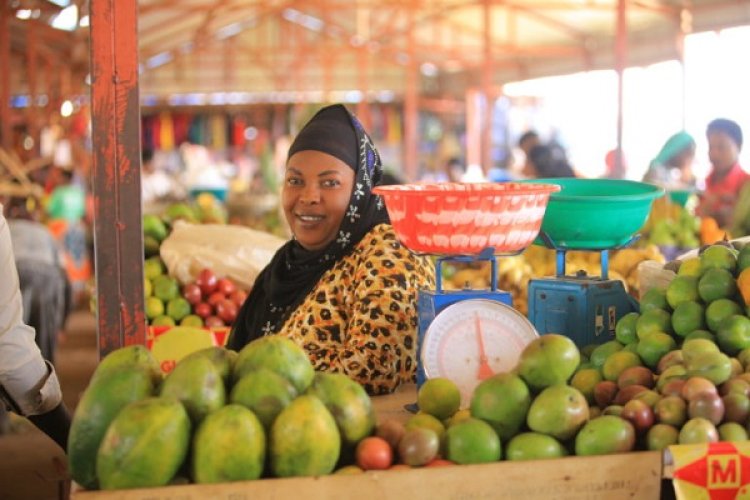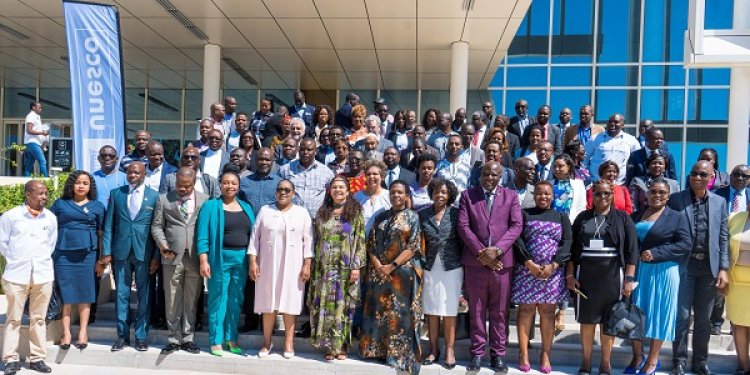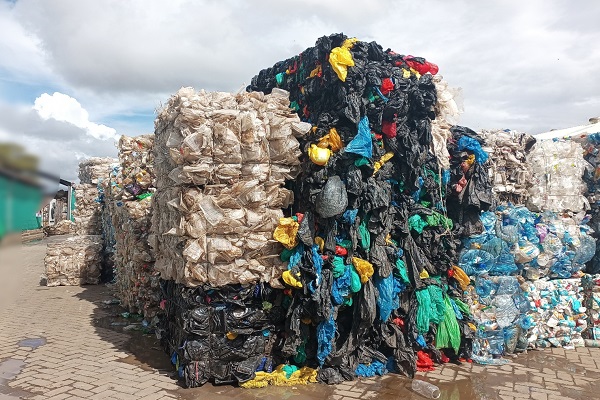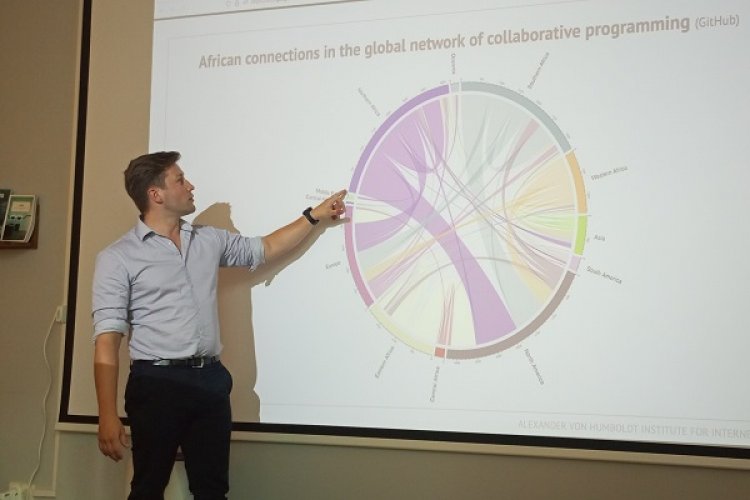Africa continues to show resilience to climate change after decades of pollution and destruction from the Global North.
Now, scientists believe, that if harnessed, this resilience to the vagaries of climate change could solve the ongoing global food crisis, but could take an unimaginable toll on the world as we know it, if unaddressed.
This came out during the 13th Africa Food Systems Forum held in Dar es Salaam, Tanzanian earlier this month, where critical voices in Africa’s food supply chain such as farmers, youth, and women came to the fore.
Dr. Susan Kaaria, the Director of the African Women in Agricultural Research and Development (AWARD) indicates that despite food systems in Africa being the main source of income for women, the latter face challenges ranging from access to land and markets, agricultural extension services, to social-cultural norms related to property and business ownership, among others.
Her organisation works towards inclusive, agriculture-driven prosperity for Africa by strengthening the production and dissemination of more gender-responsive agricultural research and innovation.
“We are excited that the summit highlighted the importance of gender responsiveness. We want to advance the issue of gender responsiveness in the agri-food policies to attain the 2030 SDG agenda, we must address the gender gap,” she says.
Also read: Irrigation uptake seen closing gender inequalities in Rwanda
In Kaaria’s view, key outcomes from the forum was the renewed political commitment to amplify the role of women in constructing climate resilient food systems in Africa.
We want to advance the issue of gender responsiveness in the agri-food policies to attain the 2030 SDG agenda, we must address the gender gap.
Dr. Susan Kaaria, Director of the African Women in Agricultural Research and Development (AWARD)
“Female agricultural researchers, professors, and senior managers offer different insights from their male counterparts. They provide an important perspective in addressing the unique and pressing challenges of all farmers, and female farmers in particular,” she said.
Kaaria underscored the need to build a pool of capable and confident influential women leaders in agricultural research for development, something at the centre of her organization’s new strategy, she indicated.

AWARD initiatives so far draw fellows from across various African countries such as Togo, Nigeria, Ethiopia, Kenya, Rwanda, Burkina Faso, Ghana, Mozambique, Madagascar, Malawi, Uganda, Tanzania, and Zambia.
Anna Msigwa from the Nelson Mandela Africa Institution of Science and Technology says Africa’s food systems need a rethink by employing climate-resilient methods of farming.
Her research work assesses agricultural water use in the Kikuletwa catchment within the Pangani basin in Tanzania.
Streams and rivers from Mount Kilimanjaro feed this basin, and about 80% of its population depends on this water for food production.
“We have seen how climate change has affected Tanzania. Rainfall is decreasing leading to low crop productivity. This means farmers are losing out. We need to develop systems to help farmers know when and where to plant,” says Msigwa.
“We also need to bring women along in these discussions. They bring ideas and solutions. Africa is now awake to gender inclusivity and in Tanzania, we have a female president, a woman in the country’s top decision-making organs.”
Also read: Food costs rise as drought, botched irrigation schemes induce supply deficits










